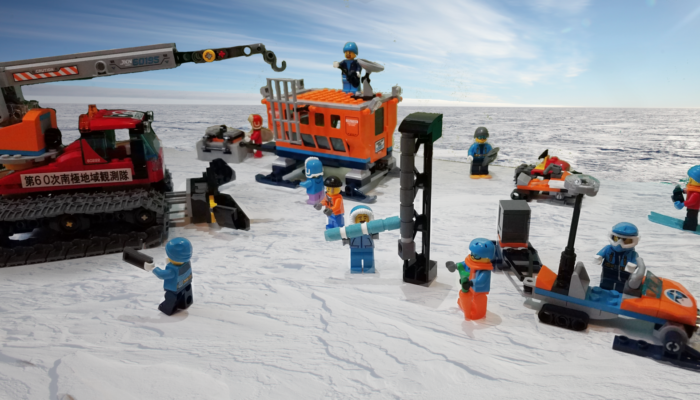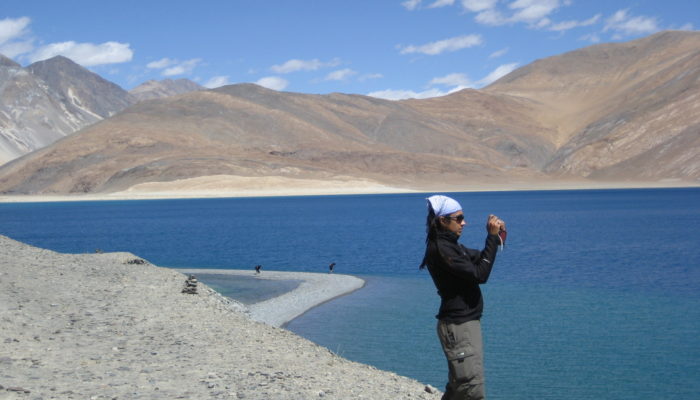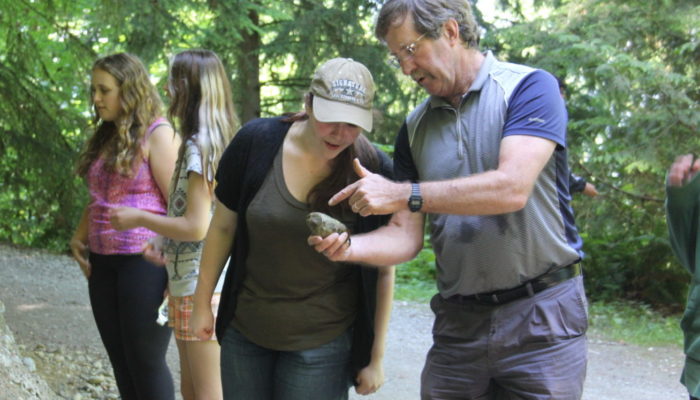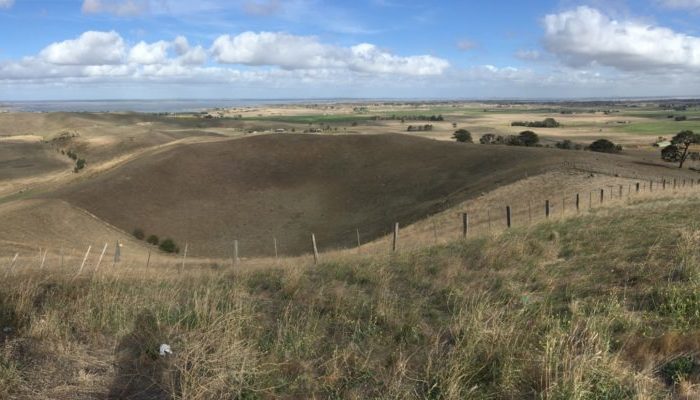This week, Jac van Driel, PhD student at UCL shares with us his deepest thoughts on how to write the manuscript of his PhD thesis. Hoping you will enjoy: “An Ode to the Coffee House”. Like many cordial expressions of civilised society, Covid-19 has plunged café culture to into stasis with the permanence of its condition not yet known. Pre-crisis, my hedonistic consumption of coffee use ...[Read More]
Seismology
Social media for Early Career Scientists: is it really useful?
In this period of confinement, most of the virtual interactions and news about the world come from the web and mainly social media. Today, we suggest looking at social media from the point of view of an early career scientist (ECS) and why we should (or should not) use them in our career path. In the next weeks, most of the international conferences will move on online virtual meetings and ...[Read More]
Cryospheric Sciences
©LEt’sGO to Antarctica !
With the current situation, polar fieldwork might be/have been cancelled and we have a suggestion to remedy your field-blues… Why not use ©LEGO to pretend you’re back in the field with the added bonus that you get to be in the warmth and comfort of your home! Here, we’ve re-enacted radar fieldwork that took place a year and a half ago in Antarctica… But first, let’s start with some backgroun ...[Read More]
Geodynamics
The Sassy Scientist – A Digital Didgeridoo
No physical assembly. A digital sharing platform. EGU reinvented. Valeri needed some time to process all this and is still deliberating his opinion: What did you think about the digital version of the EGU GA? Dear Valeri, It was great. Just. Great. There were loads of presentations with brand new science available online. Greatly readable, enjoyable and clear. So many new insights there, it was ey ...[Read More]
Tectonics and Structural Geology
Call for must-read papers!
Have you ever read a paper and thought “Why didn’t I find this 3 years ago?!” ? Did you stumble upon TS early-career scientists or colleagues who are unaware of seminal or fundamental (old and new) articles? Or are you simply willing to give some good reading advice about tectonics and structural geology? IF YOU ANSWERED YES AT LEAST ONCE, THEN THIS IS FOR YOU! What’s t ...[Read More]
Geodynamics
Top 5 geodynamic movies to watch during lockdown
Now that the craziness of the first online EGU ever is over (it was great, wasn’t it?), it is time to sink back into our lazy lockdown routine. Essential part of this routine? Watching bad science movies of course! So here is the top 5 geodynamic movies you should watch this lockdown! Get some popcorn, video call some friends, and laugh while all the geodynamic principles you hold dear are b ...[Read More]
Nonlinear Processes in Geosciences
#shareEGU20: Networking event of the NP Division
The current COVID-19 situation has profoundly changed our daily lifes and has also affected our way to perform and share research. In today’s world a lot of efforts have been made to minimize the impact of working from home and exchange thoughts with colleagues, and also the usual annual General Assembly of the European Geosciences Union (EGU) has been moved online. Thus, the largest online ...[Read More]
Seismology
Representing the Possible: Alka Tripathy-Lang
Alka Tripathy-Lang is a freelance science writer based in Chandler, Arizona. She writes mostly about geohazards and creative ways to apply seismology to the world around us. What is your story, Alka? Why geology? When I was a little girl, I was fascinated by rocks and fossils. I told anyone who asked that I wanted to be a geologist when I grew up. However, in the throes of my teenage years, ...[Read More]
Natural Hazards
NH medallists Episode II – John Clague & his passion for Natural Hazard
In today’s interview, we talk with Prof John J. Clague, who was awarded the 2020 Sergey Soloviev Medal for his remarkable scientific contributions in fundamental and applied research on earthquakes, tsunamis, outburst floods and landslides, directed towards risk reduction for the benefit of societies. Hi John, can you please briefly introduce yourself, telling your main research focus and wh ...[Read More]
Tectonics and Structural Geology
Features from the field: Volcanic rocks and landscapes
This edition of ‘Features from the field’ is brought to you by Sandra McLaren, a senior lecturer at the University of Melbourne. She will be talking about the volcanic activity and rocks in the Tower hill complex in Australia. Volcanic activity is one of the most spectacular manifestations of our tectonically active planet. Volcanic eruptions can be highly dangerous when they oc ...[Read More]









